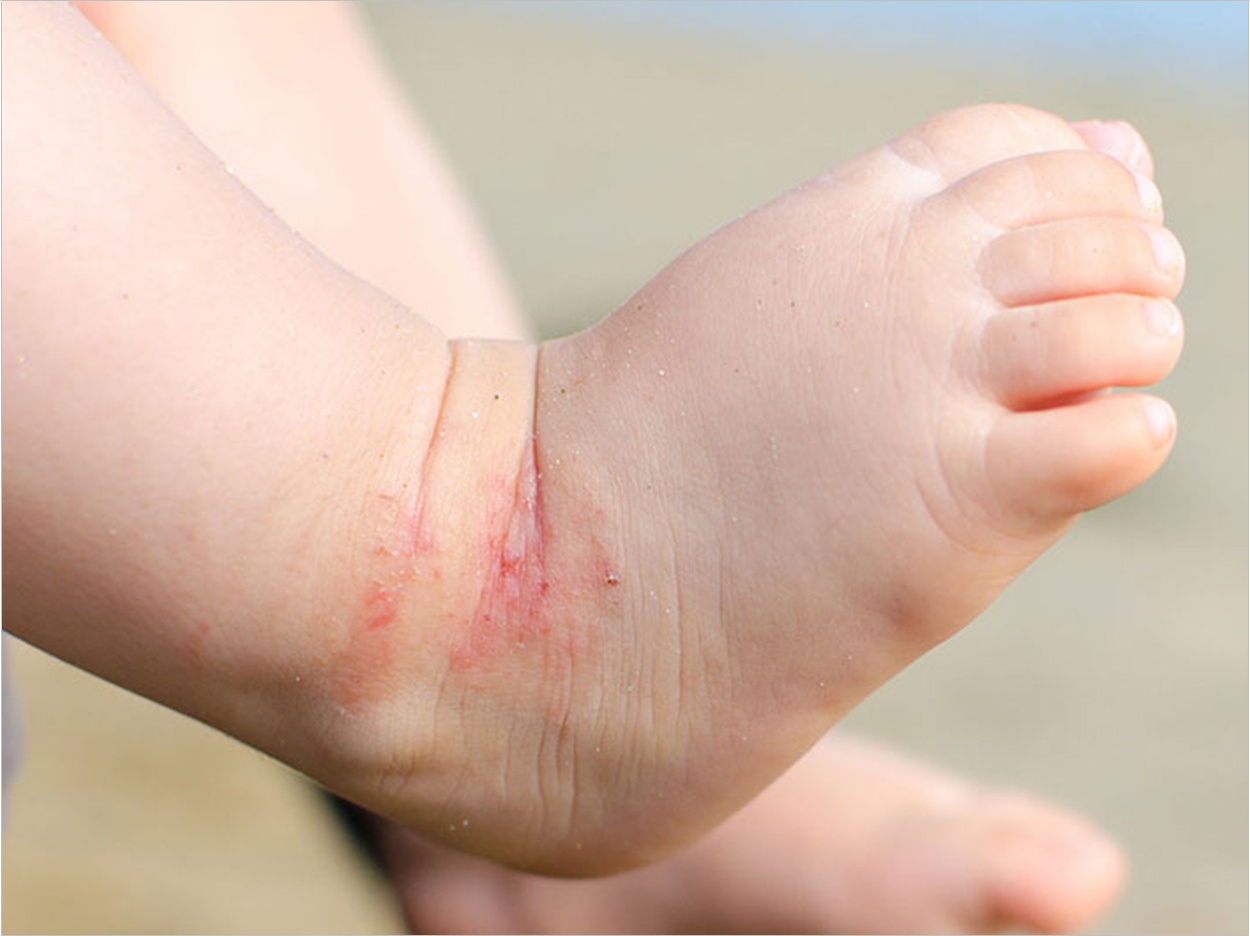
Infants who have eczema are 3 times more likely to develop tooth decay when they are 2 and 3 years old, according to the National University of Singapore (NUS) Faculty of Dentistry and the Singapore Institute for Clinical Sciences. The school reports that 4 in 10 preschoolers in Singapore have tooth decay, and one in 5 schoolchildren on the island have eczema.
“Our latest findings will give parents and caregivers of babies with eczema early warning of increased risk of developing tooth decay in toddlers,” said NUS Dentistry associate professor and study corresponding author Stephen Hsu, DDS, PhD. “Regular dental checkups can then be conducted to help minimize the incidence of tooth decay in these children.”
The researchers recruited pregnant women in their first trimester as part of the Growing Up in Singapore Towards Healthy Outcomes (GUSTO) program. When their babies were 3, 6, and 12 months, parents were interviewed to identify those babies with eczema. The infants with eczema then received skin-prick testing to assess their sensitivity to common allergens.
According to the results, infants who had eczema and were sensitive to common allergens were 3.29 times and 3.09 times more likely to experience tooth decay at the ages of 2 and 3 years, respectively, compared to infants without eczema.
Structural defects during tissue development could be a possible mechanism behind the link between eczema and tooth decay, the researchers said. Now, the researchers are conducting genetic analysis to confirm the mechanism and exploring the link between tooth decay and other childhood diseases potentially affected by ectodermal defects.
The study, “Atopic Dermatitis and Early Childhood Caries: Results of the GUSTO Study,” was published by The Journal of Allergy and Clinical Immunology.
Related Articles
FDA Issues Warning on Homeopathic Teething Products
Online Resources Support Baby’s First Dental Visit
Tooth Decay Rates Remain Stable Among American Adults


